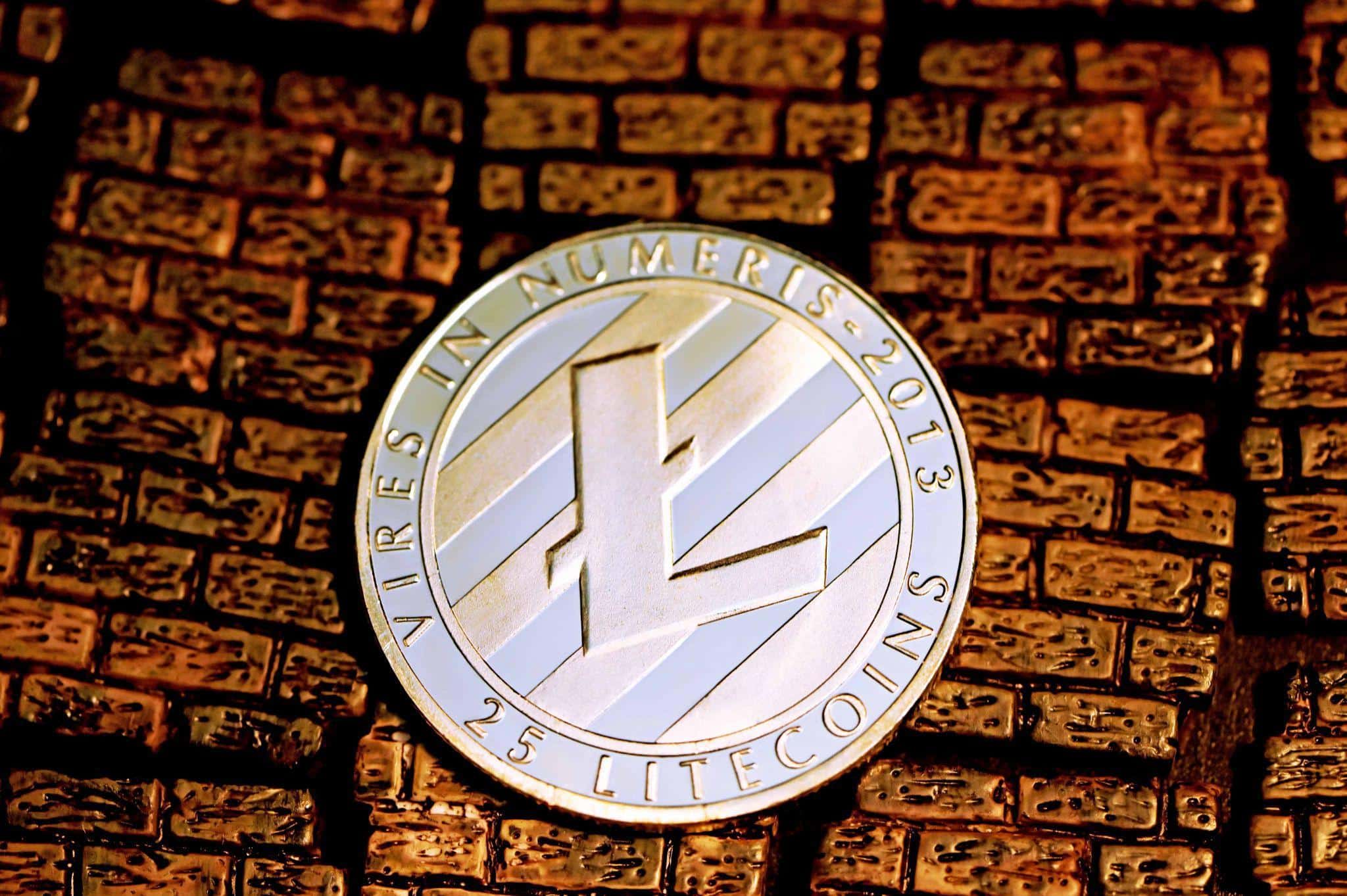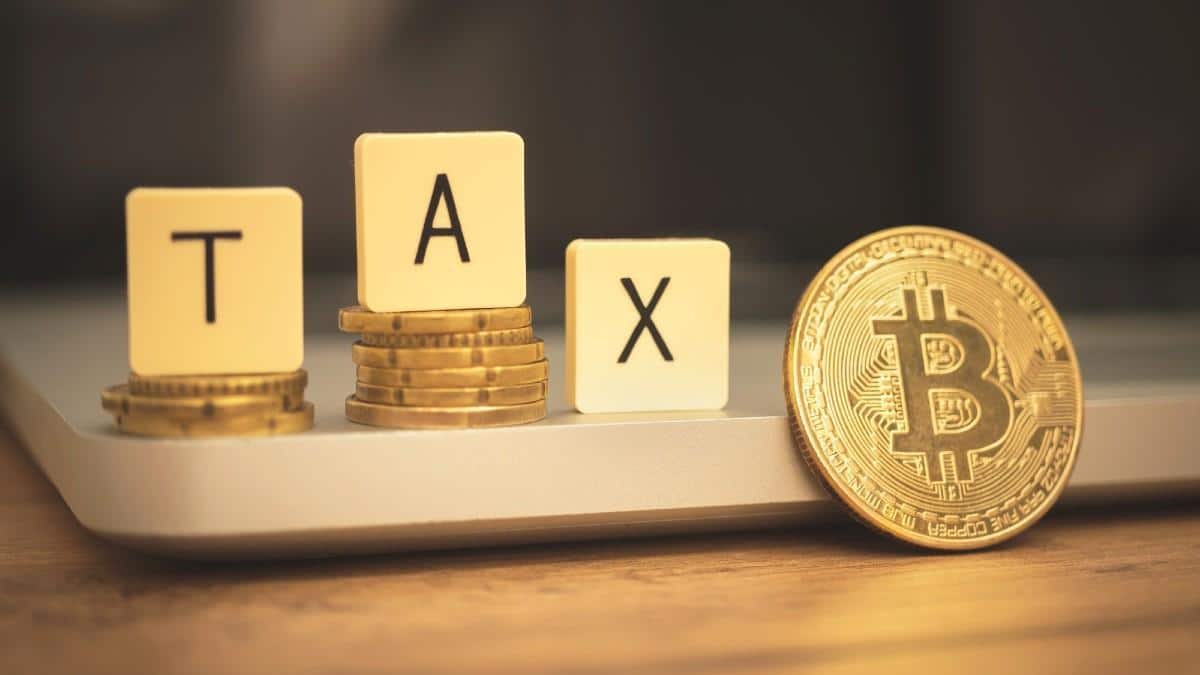What is Litecoin and How to Use it
by Emma Feller

Litecoin (LTC) is a highly popular cryptocurrency that has been around since 2011. It was created as a fork from Bitcoin’s blockchain and is often compared to silver, while Bitcoin is compared to gold. It can be used for online payments, including making deposits and withdrawals at all good crypto casinos. Before you get started using this cryptocurrency, make sure you read our full guide to understand how it works and how to use it.
Litecoin was established on the principles of decentralization and operates on a peer-to-peer network. This means it can be used to send and receive money quickly and without the use of a middleman. It shares a lot of Bitcoin’s features but is still very different in how it works, which makes it worth using.
How Litecoin Works
Litecoin works on the basis of a technology known as blockchain, which is a way of storing and sharing information. Unlike a traditional database, a blockchain is decentralized, and it is distributed to all devices on the network. This allows data stored on the blockchain to be accessed by other devices, which is an integral part of how Litecoin and other cryptocurrencies work.
When you send or receive money using Litecoin, the current blockchain is used to verify it before information about the transaction is recorded into a new block. Blocks cannot be edited or removed once added, and they’re public, which prevents fraud and misuse. Each transaction is also balanced correctly thanks to this system, as they need to be validated by a process known as mining.
Mining Litecoin
Litecoin is created through a process known as mining, whereby transactions on the blockchain are validated, and new blocks are created. To create a block, a miner must solve a complex mathematical problem known as a hash. Each time a miner completes a block, it earns a reward, which is currently worth 12.5 LTC.
When Litecoin was created, it was done with the intention of making a cryptocurrency less centralized than Bitcoin, with large mining companies having less control. The LTC network uses a different hashing algorithm known as Scrypt, which is less memory-intensive and gives smaller-scale miners a chance to mine Litecoin. It also means that the network processes transactions faster, which makes it more suitable for sending small transfers.
However, ASIC machines are still the most effective way to mine Litecoin, and so the supply is still largely controlled by major mining organizations. Just as with Bitcoin, the network undergoes a halving process each time a certain number of blocks is reached, at which point the reward is halved.
Purchasing Litecoin
Mining isn’t the only way to obtain Litecoin, as most miners will sell their coins for profit. You can purchase LTC on an exchange, with all major exchanges offering multiple pairings of LTC for you to trade. For most people, this is the easiest way to get your crypto, as mining requires expensive hardware and will cause your energy bills to go through the roof.
Before purchasing Litecoin, make sure you choose a trusted exchange. Most people use either Coinbase, Binance, or Kraken, but there are other options available too. You’ll need to sign up and add fiat funds before you can buy LTC, but some exchanges also let you purchase using your card.
Sending Litecoin
After buying your first Litecoin, you’ll want to send it to your crypto wallet so you can start using it. Litecoin wallets are easy to set up and completely free to use. There are loads of different options to choose from, with some offering more features than others. Hardware wallets, online wallets, and mobile wallets all provide their own advantages and disadvantages.
Having a wallet makes it much easier to send and receive your Litecoin. To send your coins, you simply need to copy the wallet address of your recipient. Make sure you copy and paste it correctly, and always double-check before confirming the transfer. Your transaction will need to be confirmed on the network before your LTC arrives at its destination, but this usually takes a few minutes at most.
To receive Litecoin, simply copy your personal wallet address and paste it into the cashier of your casino or exchange. Once again, make sure it’s 100% correct before you confirm, as getting it wrong could mean the coins are lost.
Litecoin Features
Here are some of the features that make Litecoin stand out:
-
Decentralized – Litecoin was established as a less centralized version of Bitcoin, which is already highly decentralized. This means it isn’t controlled by a company or government, and although Charlie Lee is the creator, he doesn’t have a say in how the coin is used. New protocols and upgrades are decided on by the users.
-
Fixed supply – Litecoin has a fixed supply, meaning only a certain number of coins can ever be mined. There’s a fixed supply of 84 million LTC, four times that of Bitcoin, and the mining gets more challenging every halving when the rewards are halved.
-
Lightning network – Litecoin uses the lightning network to provide faster transactions and reduce network congestion. On the lightning network, small transactions can be signed and approved without the need for miners, and a series of payments can be processed as just one transaction.
-
Atomic Swap – The Atomic Swap feature allows users to swap currency peer-to-peer without the need for an exchange or other middleman service. This helps reduce fees and makes trading faster and more convenient.
-
Privacy options – While the Litecoin blockchain is public, some people may object to their financial data being readily available. When sending Litecoin, you can now choose the confidential option, which hides the transaction value from everyone except the sender and receiver.
The History of Litecoin
Litecoin is one of the oldest cryptocurrencies. Here are some of the major events in its history:
-
October 7, 2011 – Litecoin is created by Charlie Lee, a former Google engineer, as a fork from the original Bitcoin blockchain.
-
November 2013 – Litecoin continued to be listed on a growing number of exchanges and saw multiple price increases, including 100% gains in 24 hours.
-
September 2014 – Litecoin is merge-mined with Dogecoin, increasing mining rewards and network security for both blockchains.
-
2020 – PayPal allows users to purchase a derivative of Litecoin and other cryptocurrencies which cannot be transferred.
-
May 2022 – The Mimblewimble Extension Blocks upgrade is launched, allowing users to send confidential transfers, with the number of Litecoin only visible to the sender and receiver.
-
June 2022 – PayPal allows users to transfer Litecoin and other cryptocurrencies between wallets.
Litecoin for Gambling
Although Litecoin is often treated as a speculative asset that can increase in value over time, its primary purpose is to facilitate fast and secure online transactions. You can send LTC to anyone in the world with minimal fees, and most transactions only take a few minutes to confirm. This makes it ideal for online payments, and a growing number of businesses now accept it.
One of the fastest-growing ways in which Litecoin is used is for gambling online. The first crypto casinos launched around 2014, and these have quickly become a popular way for people to use their cryptocurrency. Now, there are loads of different crypto casinos to choose from, most of which will accept your Litecoin for deposits and withdrawals.

At a Litecoin casino, you can expect to find loads of fun games, and there are even LTC bonuses you can claim. You can enjoy an exciting casino experience from your mobile or computer, and it’s even possible to gamble with LTC directly.
Litecoin Casino Regulations
Before you sign up to a Litecoin casino and start playing, it’s important to understand the regulations and what they mean. Gambling online isn’t legal everywhere, and it’s worth checking your local laws before you start playing.
Crypto casinos aren’t as heavily regulated as some other forms of gambling, but it’s still important to make sure that any site you join is licensed. All good Litecoin casinos should be licensed by the Government of Curacao or similar gambling commission, which shows that it’s safe and fair to use.
Provably Fair Games
Litecoin casinos don’t just let you play your favorite games using LTC. Most of these sites also feature provably fair games, which are created using blockchain technology. The nature of a public blockchain means that transactions can be verified instantly, and this feature is used to make fair and transparent games.
Crypto games like Dice and Crash are usually provably fair, and you can check the seed of the game and its transactions to see for yourself. Unlike regular casino games, which require a degree of trust, this means you can play while knowing that the game is completely fair.
FAQ
Is it legal to gamble with Litecoin?
That depends on where you live. In a lot of places, gambling with crypto such as Litecoin still isn’t legal. However, you should check your local laws to make sure.
Where can I buy Litecoin?
You can purchase Litecoin at an exchange before sending it to your wallet or crypto casino account. Some Litecoin casinos also let you buy LTC directly using a card, although you may pay more this way.
Which casinos accept Litecoin deposits?
A growing number of crypto casinos are now available, and almost all of them accept Litecoin deposits. You can find the best and most trusted Litecoin casinos here at CryptoCasinos, and check our expert reviews to find the right site for you.
Other Posts

Need To Know Info About Taxes at Crypto Casinos
by Emma Feller

Why Are Bitcoin Casinos Popular?
by Emma Feller

Why KYC at Crypto Casinos is Important
by Emma Feller
Other Posts

Need To Know Info About Taxes at Crypto Casinos
by Emma Feller

Why Are Bitcoin Casinos Popular?
by Emma Feller

Why KYC at Crypto Casinos is Important
by Emma Feller